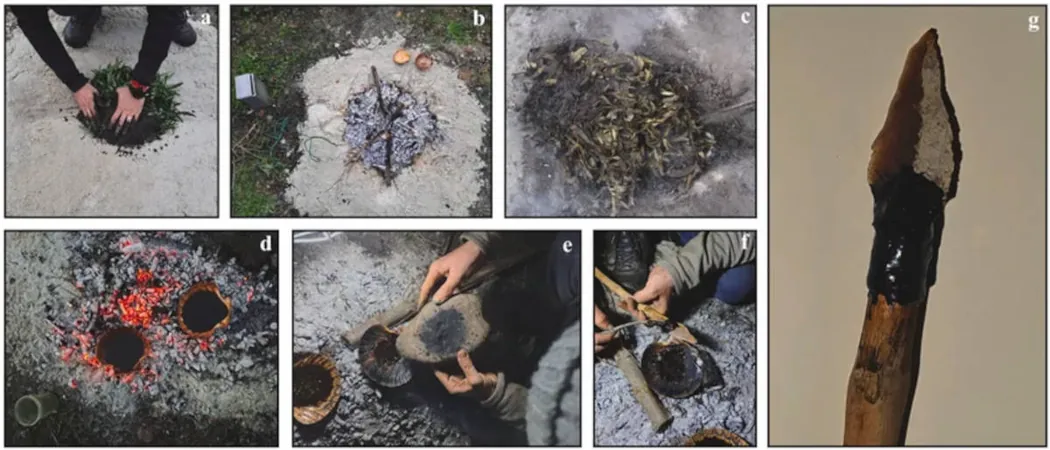
Tensions Rise Between NASA and Roscosmos Over International Space Station Leak
2024-12-02
Author: John Tan
In a troubling development for international space collaboration, NASA and the Russian space agency Roscosmos are embroiled in disagreements regarding a persistent leak in the Russian segment of the International Space Station (ISS). The leak in question, located in the service module tunnel (the PrK module), has reportedly been present for five years and is now worsening. The agencies are struggling to reach a consensus on its severity and remediation efforts.
According to a report from NASA's Office of the Inspector General released in September 2024, the potential risks associated with the cracks and air leaks in the tunnel are categorized as a significant safety threat. “Both agencies are collaborating to investigate and mitigate the cracks and leaks,” the report states. However, there is a lack of agreement on the immediate risk to the structural integrity of the ISS as Roscosmos maintains that the leak does not pose a dire threat, a view that contradicts NASA’s concerns.
NASA has reported alarming rates of air leakage ranging between 0.9 to 1.1 kilograms per day, with spikes reaching 1.7 kilograms in April. The evacuation of air at such rates has led NASA to elevate the risk level of this leak within their risk management system.
During a recent public meeting, Bob Cabana, the chairman of NASA’s International Space Station Advisory Committee, highlighted the differing perspectives on the root cause of the cracks. Roscosmos attributes them to high cyclic fatigue from micro-vibrations, while NASA suggests there may be multiple contributing factors including pressure, mechanical stress, material integrity, and environmental conditions. This lack of alignment on the underlying issues raises serious concerns about the future operational safety of the aging ISS, which both NASA and Roscosmos acknowledge is increasingly requiring meticulous maintenance.
As the United States aims to keep the ISS operational until at least 2030, Russia has not committed to extending its involvement beyond 2028. With the ISS's aged infrastructure demanding escalating maintenance efforts, any potential collapse or operational failure could have catastrophic implications not only for ongoing scientific research but also for the future of human space exploration.
Compounding these tensions, recent events aboard the ISS have added to the woes experienced by Russian cosmonauts. Upon docking a Russian Progress cargo spacecraft, an unpleasant odour and the presence of small droplets alarmed the crew. To safeguard the integrity of the ISS environment, the Russian team promptly sealed the affected module. NASA speculated that the odd smell may be due to outgassing from the materials used inside the cargo spacecraft.
This is not the first incident of note involving Russian spacecraft. The past few years have seen numerous challenges, including leaking coolant and other technical failures, raising questions about reliability.
The ISS is a collaborative effort between the US, Russia, the European Union, and Japan, each contributing to the station's substantial operational costs, with the US alone having invested USD 118 billion by 2022. As discussions about extending the life of the ISS past 2030 continue, challenges such as securing ongoing funding, addressing safety concerns, and ensuring international cooperation remain paramount.
With both agencies facing increased pressure as they grapple with these leaks, the fate of the ISS hangs in the balance. Will a compromise be reached, or will the cracks in their cooperation lead to larger issues in the realm of space exploration? Only time will tell.


 Brasil (PT)
Brasil (PT)
 Canada (EN)
Canada (EN)
 Chile (ES)
Chile (ES)
 España (ES)
España (ES)
 France (FR)
France (FR)
 Hong Kong (EN)
Hong Kong (EN)
 Italia (IT)
Italia (IT)
 日本 (JA)
日本 (JA)
 Magyarország (HU)
Magyarország (HU)
 Norge (NO)
Norge (NO)
 Polska (PL)
Polska (PL)
 Schweiz (DE)
Schweiz (DE)
 Singapore (EN)
Singapore (EN)
 Sverige (SV)
Sverige (SV)
 Suomi (FI)
Suomi (FI)
 Türkiye (TR)
Türkiye (TR)